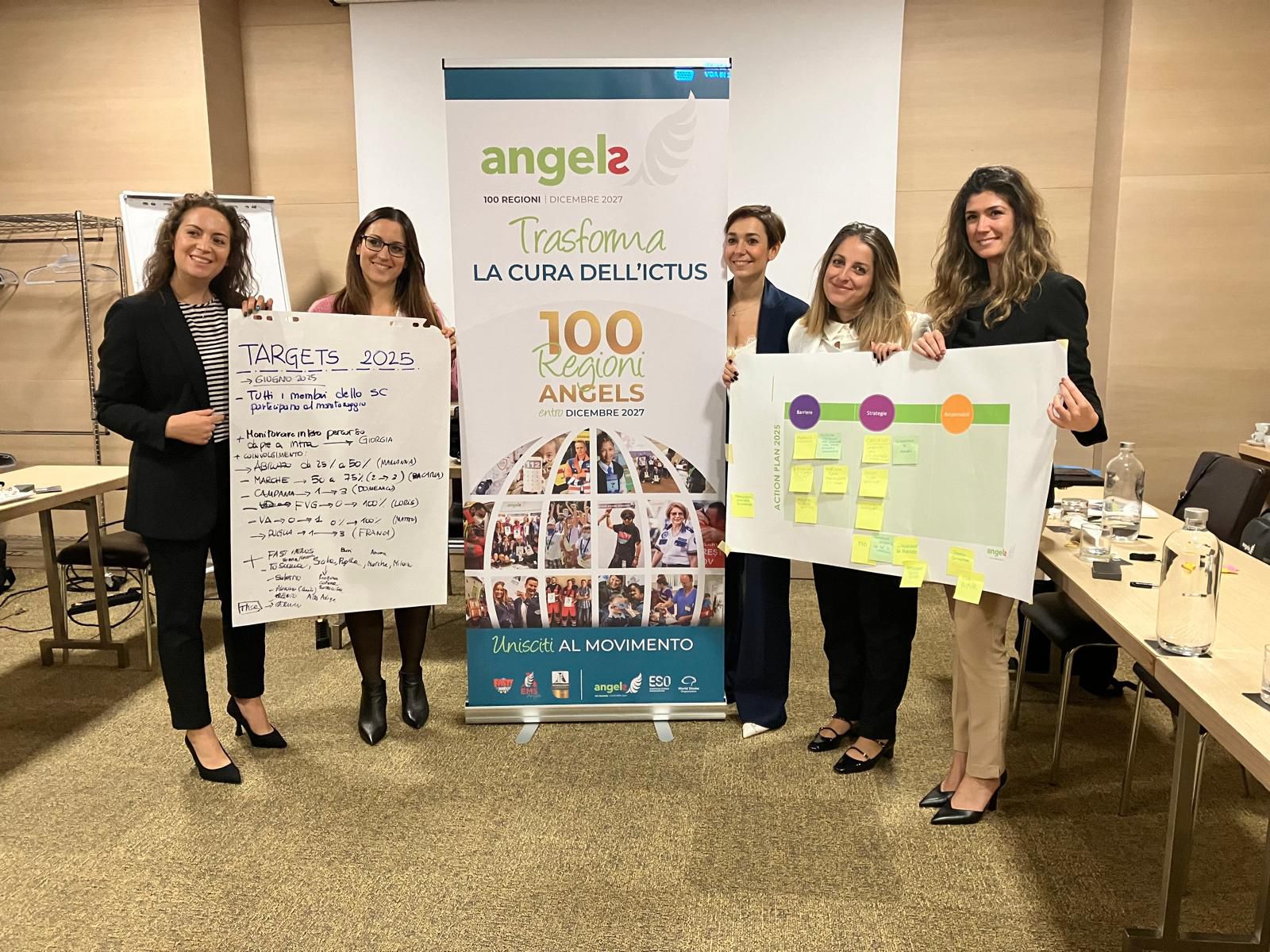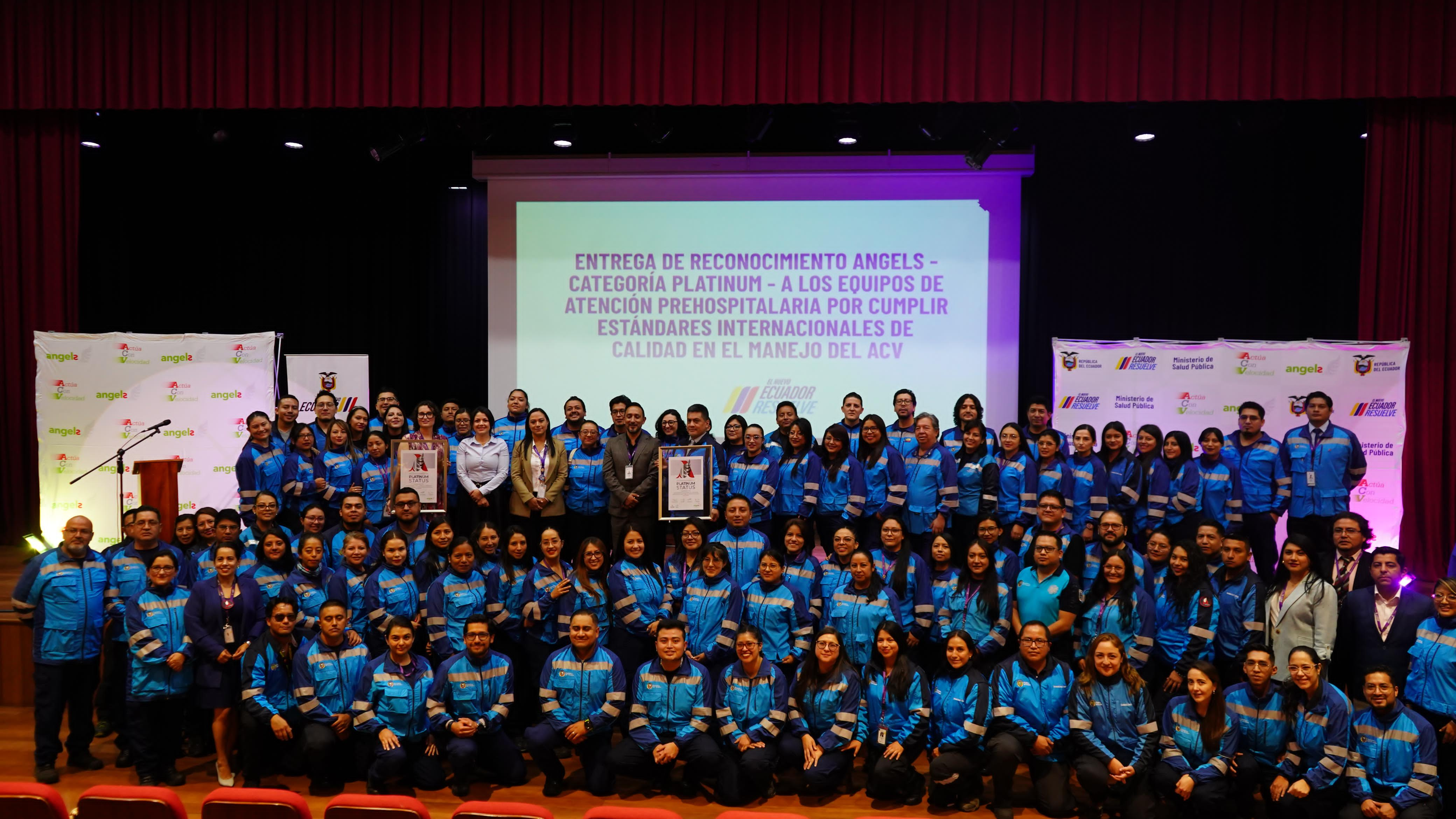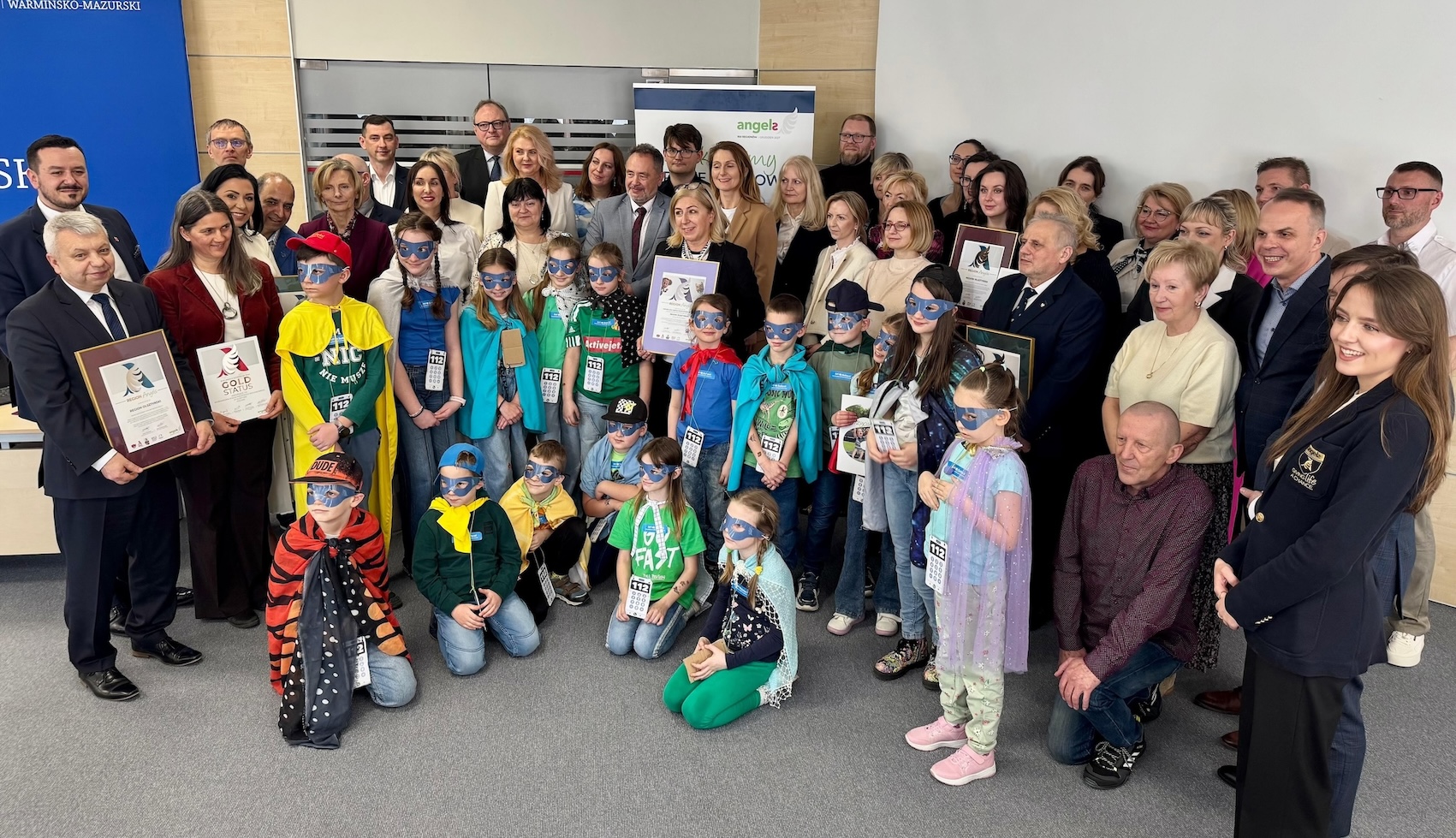Sanatorio de los Arcos, with its Neurology Institute, is the designated referral center for patients with stroke of the Swiss Medical Group in the City of Buenos Aires, writes Dr Maia Gomez Schneider. But up until 2018, its median door-to-needle times were far below expectations.

In 2018, the institution recorded an average door-to-needle time of 119 min for treatment with intravenous rtPA, with only 8% of patients below 60 min and none below 45 min - far from the expected standards.
In 2019, we became involved in the Angels Initiative by contributing to the Res-Q database. Participating in Res-Q not only made it easier to get data on patients with stroke and quality of care in Argentina and the world, but also helped us quickly find our weaknesses so that we could continue to train and improve. With the assistance of the Angels Initiative, multiple trainings were conducted for nurses, emergency physicians, and pre-hospital service personnel. As a result, we were able to improve the number of patients receiving reperfusion treatment and reduce in-hospital delays over time. We even received WSO Angels awards, of which we are very proud.
However, in 2020, the Covid-19 pandemic disrupted the circuits we had built. We were forced to reorganize our structure to offer care for stroke patients safely and quickly, especially after the redirecting of many resources, particularly human resources, to the care of coronavirus patients. Protocols required changes due to the extraordinary circumstances we were experiencing.
During 2020, even considering the pandemic context and the delay in consultation from patients, there was a significant reduction of the average door-to-needle to 48 minutes, with 92% below 60 min and 53% below 45 minutes, and the percentage of patients treated with reperfusion techniques for ICVA was 14.4%. We believe that pre- and intra-hospital organization has been critical, as reflected in the reduction of the door-to-needle time for acute treatment.
As months went by, quality indicators returned to normal, except for one: dysphagia screening, which we were unable to conduct on time in all patients. As we could not do it as we did before the pandemic, we thought of introducing training and screening by the on-call neurologist during the initial evaluation. Once again, we turned to the Angels Initiative who, together with Nutricia, on January 29, 2021, provided us with excellent virtual training by Lic. Valeria Ton, a swallowing specialist. Her training helped us develop a simple and effective dysphagia assessment protocol, which we quickly put into practice. Currently, 100% of our patients diagnosed with stroke or TIA are screened for dysphagia, to reduce potential in-hospital complications such as aspiration pneumonia.
Data recording and analysis is crucial to find your improvement opportunities.





